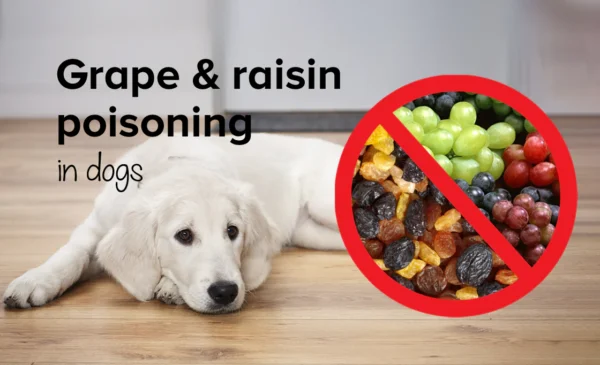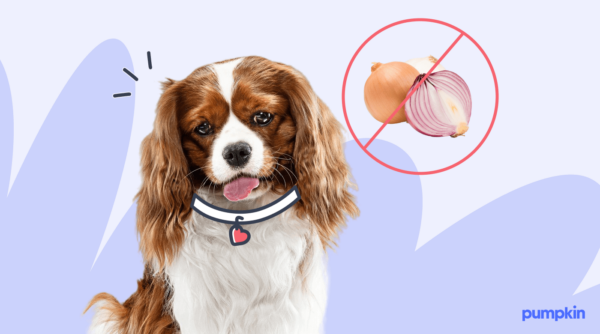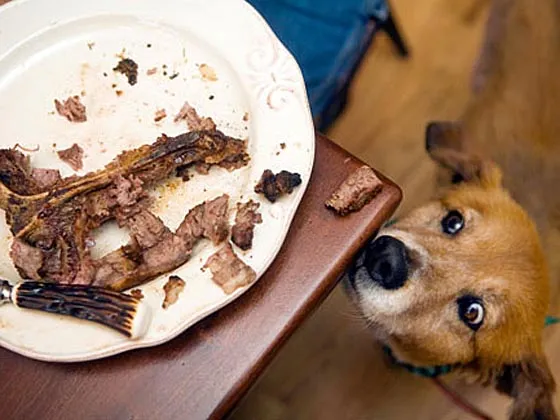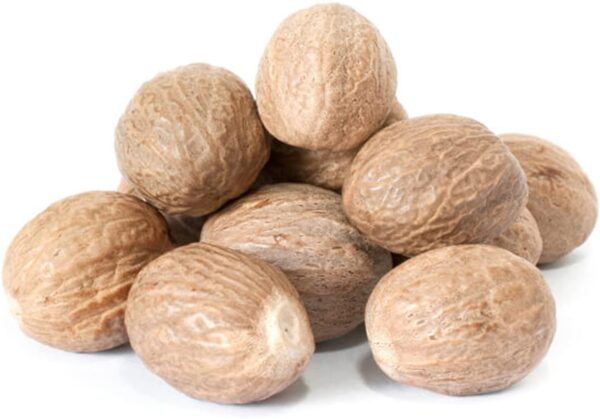Trendy Lifestyle Hacks
14 Toxic Foods Dogs Should Never Eat
When it comes to our furry friends, keeping them safe and healthy is a top priority. While sharing a little bite of food from our plates might seem harmless, there are certain human foods that can be extremely toxic to dogs. What may be safe and even nutritious for us can pose serious health risks to our canine companions, ranging from mild digestive upset to life-threatening conditions.
It’s important for dog owners to be aware of these dangerous foods to ensure their pets stay happy and healthy. Here, we’ll explore 14 common foods that dogs should never eat and why they can be so harmful. Knowing these can help you prevent accidental ingestion and keep your beloved dog safe.
Chocolate

Chocolate contains theobromine and caffeine, both of which are stimulants toxic to dogs. The darker the chocolate, the more dangerous it is. Symptoms of chocolate poisoning include vomiting, diarrhea, rapid breathing, increased heart rate, seizures, and, in severe cases, death. Even small amounts can be harmful, especially in smaller breeds.
Grapes and Raisins

Grapes and raisins are extremely toxic to dogs and can cause acute kidney failure. The exact substance causing toxicity is unknown, but even a small amount can lead to vomiting, lethargy, and eventually kidney failure. Early symptoms often include vomiting followed by reduced energy and appetite.
Onions and Garlic

Both onions and garlic contain thiosulfate, which can damage red blood cells in dogs, leading to hemolytic anemia. Symptoms may include weakness, vomiting, breathlessness, and even collapse. All forms—raw, cooked, powdered, or dehydrated—are toxic.
Macadamia Nuts

Macadamia nuts can cause severe weakness, vomiting, tremors, hyperthermia (elevated body temperature), and depression in dogs. The specific toxin is unknown, but these nuts can affect a dog’s muscles and nervous system, making them very dangerous.
Avocado

Avocados contain a substance called persin, which is toxic to dogs. While the fruit’s flesh is less harmful, the leaves, skin, and pit have higher persin concentrations. Ingestion can cause vomiting, diarrhea, and congestion in the heart and lungs. The pit is also a choking hazard.
Alcohol

Alcohol, including beer, wine, and spirits, can cause significant harm to dogs even in small amounts. Dogs are more sensitive to ethanol than humans, and ingestion can result in vomiting, diarrhea, loss of coordination, difficulty breathing, tremors, coma, and even death.
Xylitol
Xylitol is a sugar substitute found in sugar-free gum, candy, baked goods, and toothpaste. It triggers a sudden release of insulin, causing a rapid drop in blood sugar levels (hypoglycemia) in dogs. Symptoms can occur within minutes and include vomiting, loss of coordination, seizures, and liver failure.
Caffeine

Caffeine is found in coffee, tea, energy drinks, and certain sodas. It is a stimulant that affects a dog’s central nervous and cardiovascular systems, causing restlessness, rapid breathing, heart palpitations, muscle tremors, and, in severe cases, death. Even a small amount can be lethal for smaller dogs.
Cherries

The pits, stems, and leaves of cherries contain cyanogenic glycosides (cyanide), which are toxic to dogs. Cyanide inhibits cellular oxygen transport, which can cause difficulty breathing, bright red gums, dilated pupils, and even death if untreated.
Raw Dough with Yeast
When a dog ingests raw dough, the yeast continues to ferment in the stomach, producing ethanol and causing alcohol poisoning. The expanding dough can also cause bloat, which is painful and potentially life-threatening due to the risk of stomach torsion.
Mushrooms

While some store-bought mushrooms are safe, many wild mushrooms are toxic to dogs. The symptoms of mushroom poisoning vary but can include vomiting, diarrhea, abdominal pain, liver damage, tremors, seizures, and death. It’s best to avoid feeding mushrooms to dogs altogether.
Fatty Foods
Foods high in fat, such as bacon, butter, and fried foods, can lead to pancreatitis in dogs. Pancreatitis is an inflammation of the pancreas that causes vomiting, abdominal pain, diarrhea, and lethargy. Chronic pancreatitis can be life-threatening if not treated.
Cooked Bones

Cooked bones can splinter easily, causing blockages, tears in the digestive tract, or choking. Unlike raw bones, which are more pliable, cooked bones can break into sharp pieces that can pierce a dog’s intestines, leading to severe health issues or even death.
Nutmeg

Nutmeg contains myristicin, a compound that can cause hallucinations, increased heart rate, disorientation, dry mouth, abdominal pain, and seizures in dogs. Even small amounts can be harmful, so it’s best to avoid giving dogs any food containing nutmeg.


